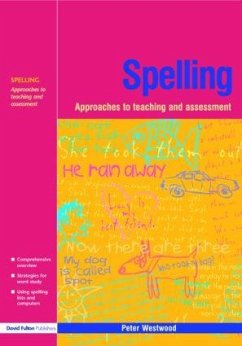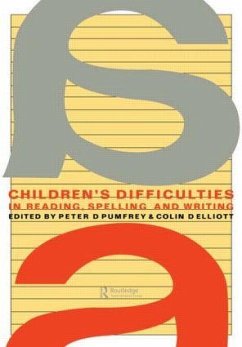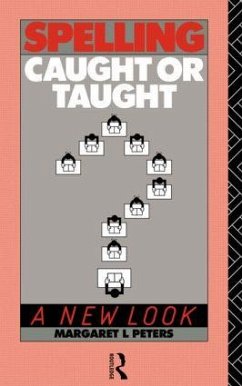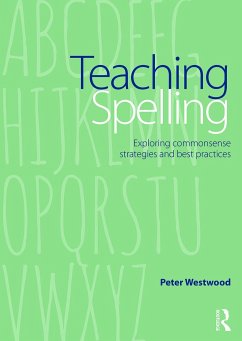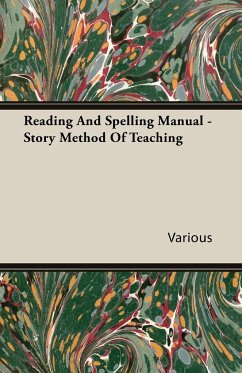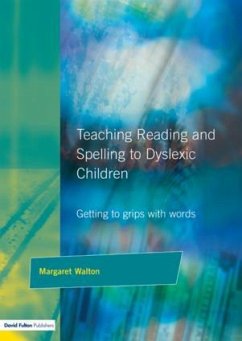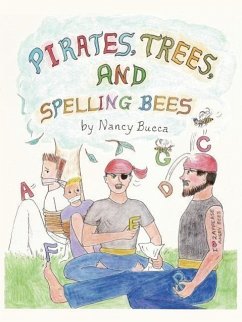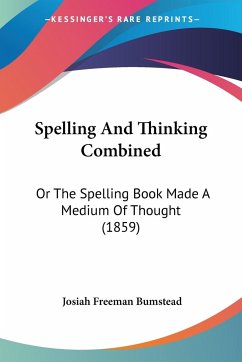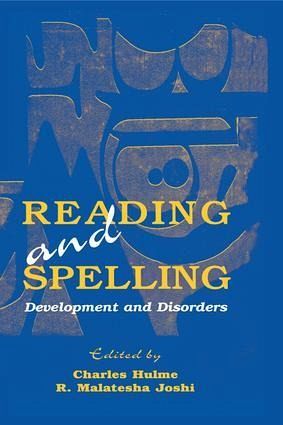
Reading and Spelling
Development and Disorders
Herausgeber: Hulme, Charles; Joshi, R. Malatesha
Versandkostenfrei!
Versandfertig in 1-2 Wochen
46,99 €
inkl. MwSt.
Weitere Ausgaben:

PAYBACK Punkte
23 °P sammeln!
This volume includes chapters by a number of leading researchers in the area of reading and spelling development. They review what is currently known about both normal and impaired development of decoding, comprehension, and spelling skills. They also consider recent work on the remediation of reading and spelling difficulties in children and discuss effective remedial strategies.






